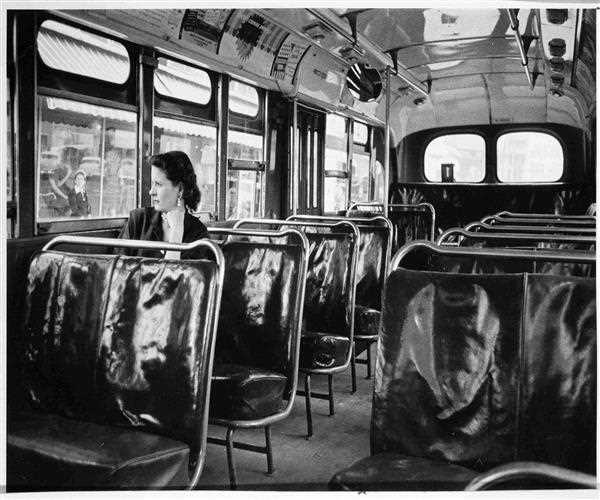The effects of the Montgomery Bus Boycott were far-reaching, beyond the borders of Montgomery, Alabama. The arrest of Rosa Parks for refusing to give up her seat for a white passenger was just what E D Nixon had been waiting for in order to challenge the segregation in public transportation in the city.

Nixon, the president of the local NAACP chapter, met with community leaders and local ministers the same evening of Rosa Park's arrest and formed the Montgomery Improvement Association. A young minister named Martin Luther King, Jr. was elected the president of this organization. In addition, a college professor named Jo Ann Robinson distributed flyers requesting African Americans to boycott buses on Monday 5th December 1955. The Montgomery Improvement Association wanted to have a compromise with the city and even proposed having a dividing line in the bus so that one half of the bus would be meant for the Whites and the other half for the African Americans. The idea was that all bus passengers be treated equally regardless of their color. In addition, the organization also wanted the city to employ African Americans as bus drivers.
When the bus boycott started, it was successful primarily because the majority of people who used the bus were African Americans. With the boycott, the bus companies started experiencing heavy losses. Carpooling was organized amongst African Americans, and even White housewives joined the boycott by ferrying their domestic workers to and fro from work. African American taxi drivers started charging other African American passengers less for using their taxi. Others began walking, hitchhiking and cycling when they needed to get out.
The news of the bus boycott spread around the country and African American communities in other parts of the country began to raise money for the boycotters and even collected new as well as slightly used shoes to donate to Montgomery African Americans who walked every day to work and back.
The Montgomery Bus Boycott was the first win for the Civil Rights Movement in the US after the US Supreme Court in the city declared that segregation was against the law and the city had to take steps to begin full integration. The bus boycott allowed African Americans in the city of Montgomery as well as other cities to ride as equals in buses and public transportation. The Montgomery Bus Boycott brought Martin Luther King, Jr. to the forefront and he became a well-known figure across the country. In addition, the boycott started a revolution in the country that laid the foundation for people of all color to be treated equally.